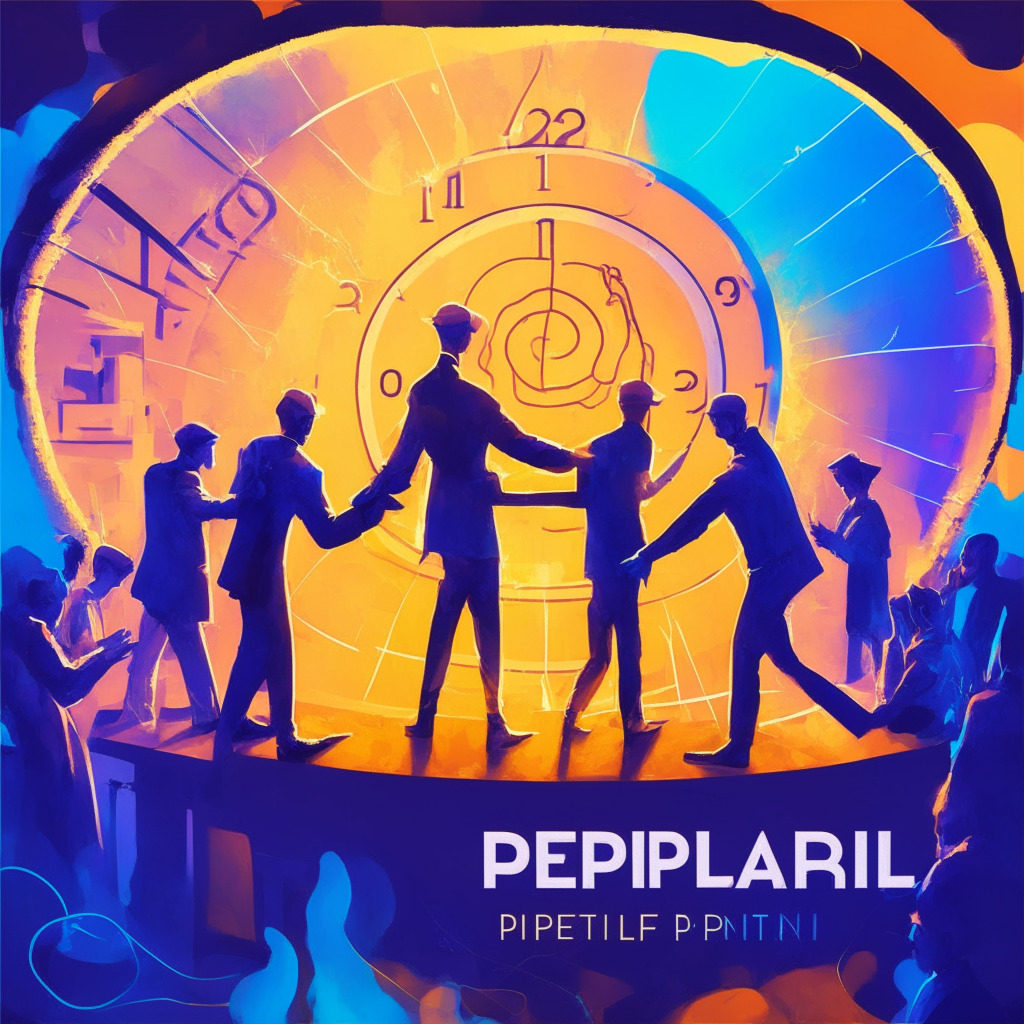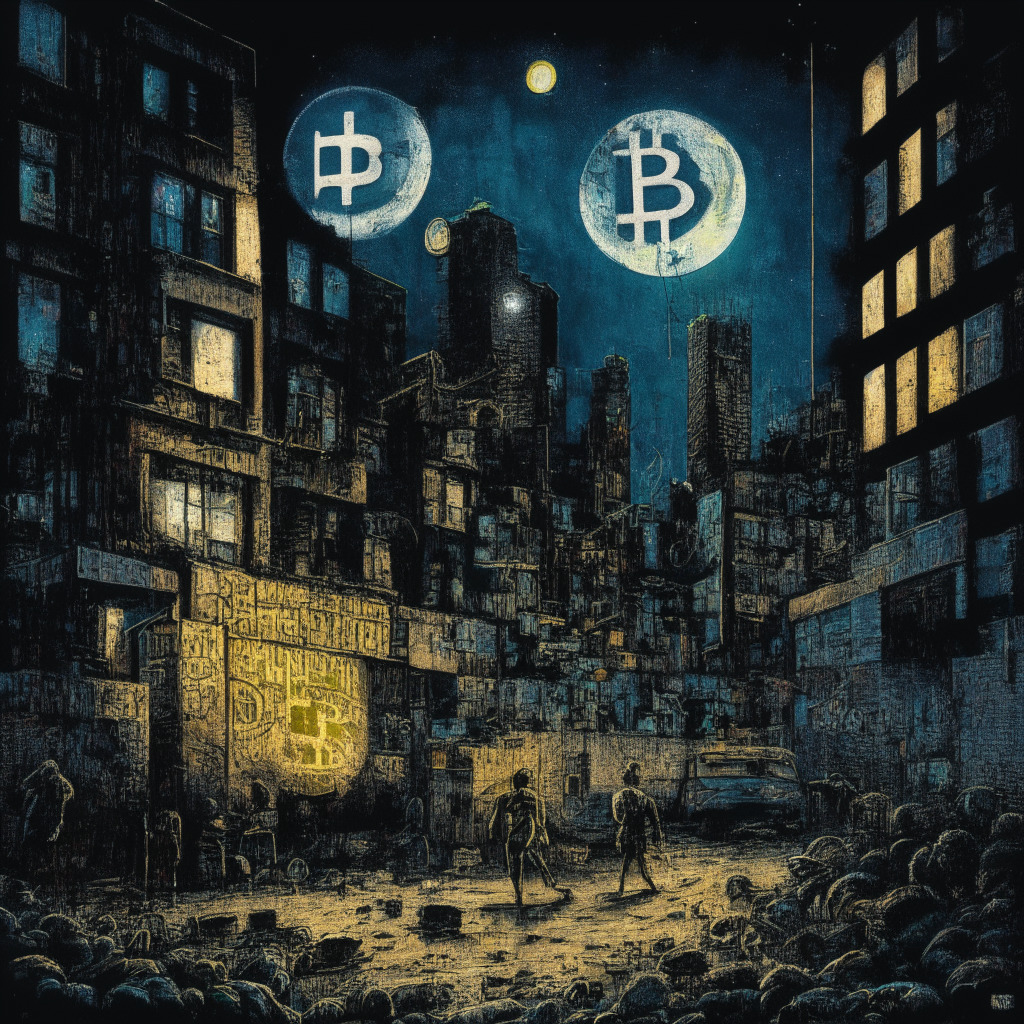Perpetual lending protocols and non-fungible tokens (NFTs) have recently gained significant attention in the world of decentralized finance (DeFi). Platforms such as Blur have introduced Blend, a peer-to-peer perpetual lending protocol that allows users to borrow against their NFT collateral. Developed in collaboration with venture capital firm Paradigm, proponents of Blend argue that financialization is the key to scaling trillion-dollar markets like NFTs.
Blend eliminates the need for oracle dependencies and expirations, providing a seamless experience for users. Borrowing positions are automatically rolled over, meaning they remain open indefinitely until terminated. Interestingly, the platform does not charge any fees from borrowers and lenders, which has the potential to democratize access to financial services in the DeFi space.
While the implementation of perpetual lending protocols might bring liquidity to the market, some concerns have been raised about the associated risks. As borrowers can extend their loan expiration time by a predetermined period and initiate a Dutch auction for refinancing when they are unable to repay the loan, there’s potential for perpetuated debt cycles. Additionally, the liquidation of an NFT may occur when a lender triggers a refinancing auction and no one is willing to take over the debt at any interest rate.
Critics argue that these risks can lead to market distortion and potentially exacerbate the financial difficulties of some borrowers. Those who support the platform, however, point out the flexibility it provides for users. Borrowers can, for instance, repay the loan at any time through the Blend platform or seek better interest rates by taking out a new loan against the collateral.
Since launching in 2022, Blur has been rewarding users with “care packages” redeemable for BLUR tokens in an attempt to drive trading activity. The platform has witnessed considerable growth, overtaking OpenSea in terms of trading volume.
In conclusion, perpetual lending protocols like Blend are touted as a revolutionary means of unlocking financial potential through the use of NFTs. By allowing borrowers to obtain loans against NFT collateral with maximum flexibility and zero fees, Blend aims to shape the future of decentralized finance. However, it remains essential to carefully consider the potential risks associated with this business model, including the perpetuation of debt cycles and vulnerability to market fluctuations. The complexity of nuances within this space makes it vital for users, investors, and regulators to approach these innovations with caution and an understanding of their implications.
Source: Cointelegraph




